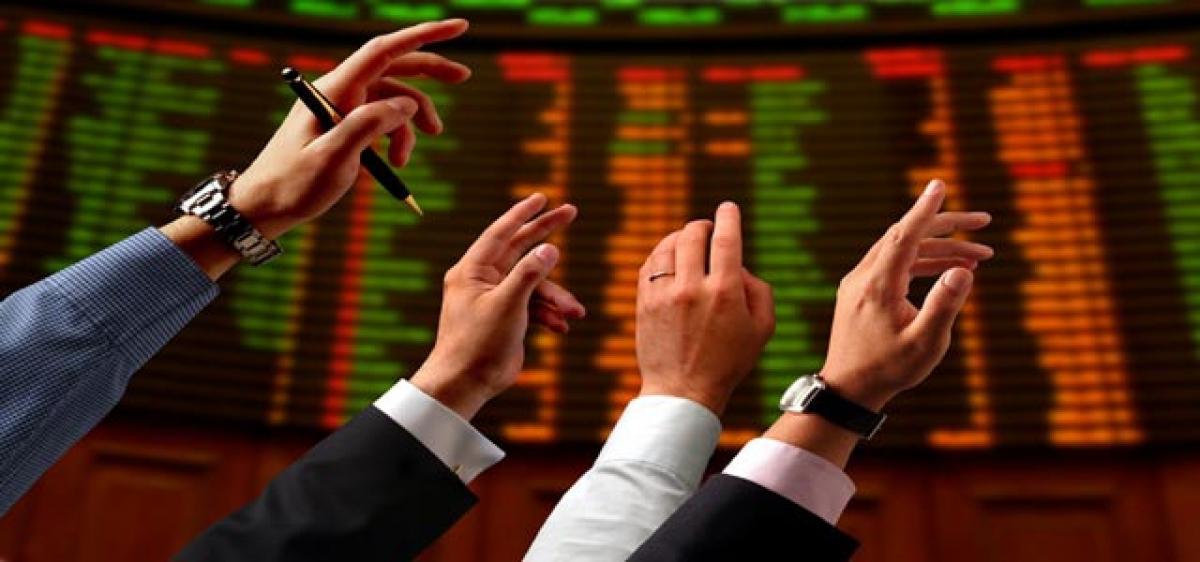Commodities contract

A commodity futures contract is a commitment to make or accept delivery of a specified quantity and quality of a commodity during a specific month in the future date at a price agreed upon when the commitment is made.
A commodity futures contract is a commitment to make or accept delivery of a specified quantity and quality of a commodity during a specific month in the future date at a price agreed upon when the commitment is made. Both the participants (buyers & sellers) are allowed to liquidate their respective positions by way of cash settlement of price between the contracted and liquidated price, no later than the last trading session of the specified expiry date.
Some of the commodities traded on various futures exchanges are as follows: foodstuff, industrial, metals (precious) and metals (energy), explains Kotakcommodities.com. Investopedia defines commodity futures contract as an agreement to buy or sell a predetermined amount of a commodity at a specific price on a specific date in the future. Buyers use such contracts to avoid the risks associated with the price fluctuations. Sellers use futures contracts to lock in guaranteed prices for their products.
Speculators can use commodities futures contracts to make directional price bets on raw materials. Unlike options, futures are the obligation of the purchase or sale of the underlying asset. Simply not closing an existing position could result in an inexperienced investor taking delivery of a large quantity of an unwanted commodity.
The difference between the local spot price (cash price) and the relevant futures price of a commodity is called the commodity basis: Basis = Spot price - Futures price. The spot price of a commodity is the prevailing cash price in the market. The futures price is a representation of the market opinion of the spot price of the commodity on some future date. Futures price is equal to Spot price plus Cost of carry.
The Cost of carry is the cost of carrying commodity from current month to month of delivery. Usually, the price of a futures contract is higher than the prevailing spot price, a condition known as Contango. If it is possible for the futures price to be less than the spot price, the condition is called Backwardation. Whether the market is in Contango or Backwardation, as the futures contract approaches the expiry date, the spot and future prices converge, writes Kotakcommodities.











